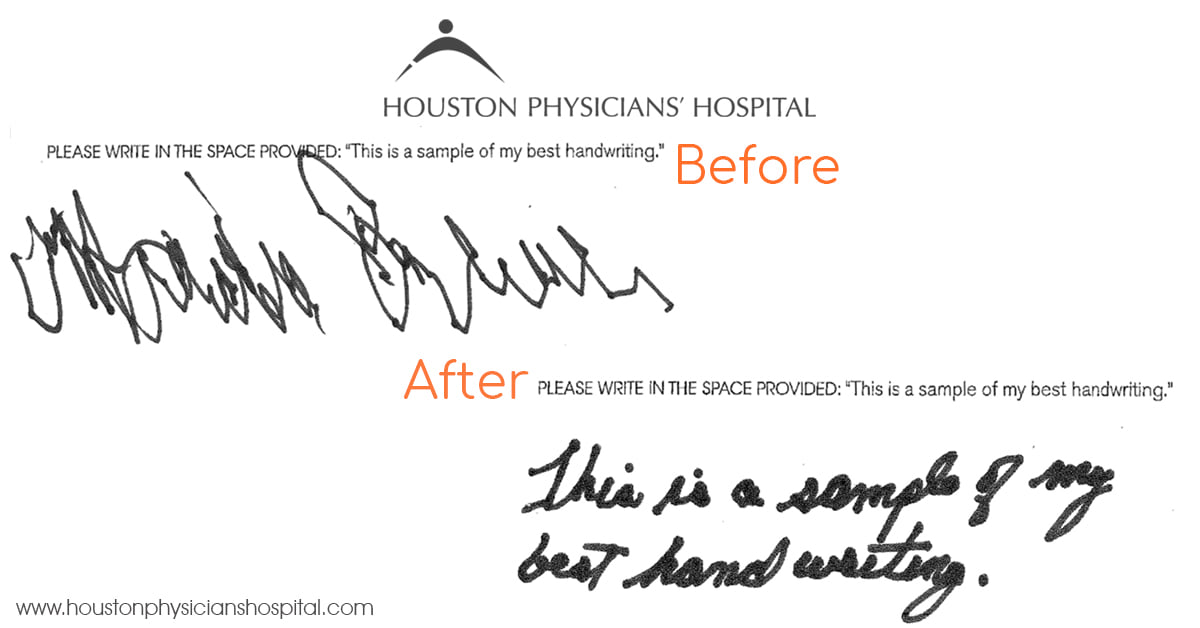Essential tremors is a movement disorder that typically affects adults. While it usually starts as a benign condition, it can escalate and cause a physical or psychosocial disability.
Let’s examine the available treatment options for essential tremors.

Traditional Treatments for Essential Tremors
A few years ago, essential tremors was mostly treated using medication or invasive procedures.
In most medical ailments, medication is usually the first line of treatment. While it’s effective in treating essential tremors to an extent, research shows that many patients don’t respond to medication and eventually require surgery. Currently, propranolol is an FDA-approved medication that may be used for essential tremors.
Another common traditional treatment is the thalamotomy procedure. This is a form of radiosurgery in which a section of the affected brain tissue is destroyed using radiofrequency ablation.
Deep brain stimulation is yet another conventional treatment for essential tremors. In this procedure, a stimulating device, such as a pacemaker, generates mild electrical currents through electrodes. These electrodes are implanted in the brain tissue and generate continuous electrical pulses that target the thalamus.
The Age of MRI-Focused Ultrasounds
While the previously mentioned treatments have proven effective, MRI-focused ultrasound has emerged as a breakthrough method for effectively treating essential tremors. Also known as “focused ultrasound” and Insightec, it’s a noninvasive procedure that uses MRI and ultrasound to treat essential tremors.
MRI is used to guide the high-intensity, focused ultrasound energy and create heat waves. These waves target the brain tissue in the thalamus, i.e., the area responsible for the tremors. During the procedure, the targeted brain tissue is destroyed by the heat waves, reducing or even eliminating the tremors.

Advantages of MRI-Focused Ultrasounds
So, why has the procedure gained popularity in recent years? For starters, it’s noninvasive, which means no incisions or cuts are required during the procedure. You also don’t need any form of anesthesia.
Second, MRI helps in targeting the exact area that needs to be treated. This prevents accidental damage to the surrounding brain tissue.
Patients who opt for this procedure typically notice an improvement in their symptoms within a few days. There’s no downtime for an MRI-focused ultrasound, and patients can resume their regular activities within 24 hours of the procedure. They’re also not required to stay the night at a hospital, unless specified by their physician.
Finally, MRI-focused ultrasound is an FDA-approved treatment for essential tremors.
Houston Physicians’ Hospital offers MRI-focused ultrasound procedures for essential tremors. We also provide general surgery, physical therapy, back and neck pain treatments, spine solutions, and arthritis treatments.
Visit our Focused Ultrasound web page and scroll to the bottom to find a doctor who specializes in this breakthrough treatment.

